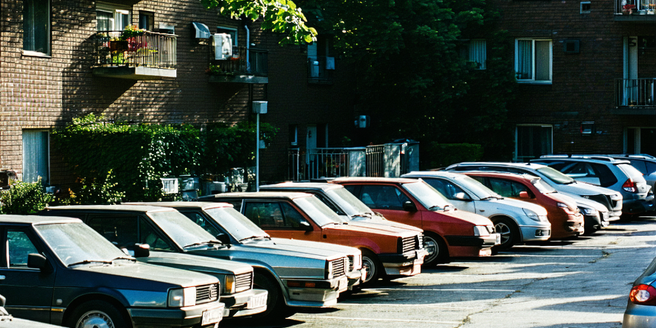Apartment Parking Solutions And Fees

Understanding Common Apartment Parking Issues
Parking in apartment complexes can be quite challenging for residents. Common issues include a lack of available spaces, poorly marked parking spots, and confusing parking rules. These problems can lead to increased stress and potential conflicts among residents. To tackle this, some complexes are experimenting with parking apps that allow residents to find available spots in real-time. To alleviate these issues, management might enforce stricter parking regulations and provide clearer signage. Understanding these challenges can help tenants anticipate and navigate potential dilemmas. Residents are encouraged to communicate with management if parking difficulties arise, as proactive dialogue can lead to improved solutions and community satisfaction. Parking difficulties can detract from overall living experiences, making it imperative for management to address them promptly and efficiently.
Assessing the Cost of Apartment Parking
The cost of apartment parking varies widely depending on location, availability, and the amenities offered. Some complexes offer free parking as an incentive, while others charge a monthly fee that may exceed $100. It’s important to note that in densely populated urban areas, parking fees tend to be higher due to increased demand. Tenants should consider the parking fees when budgeting for their living expenses, as they can significantly increase overall costs. Understanding these fees upfront helps in making informed decisions about whether an apartment fits within one’s financial plan. Additionally, knowing what amenities are included in the parking fee, such as security features or covered parking, can provide further insight into the value offered.
Exploring Alternative Parking Solutions
Faced with limited parking, residents might explore alternative solutions such as utilizing nearby public transportation, ride-sharing, or carpooling to reduce the reliance on personal vehicles. More innovative solutions could include community car-sharing programs or partnerships with local businesses to rent additional parking spaces. Implementing technology to track and optimize parking usage can further aid in addressing the issue. In addition, organizing community workshops can help brainstorm and develop practical strategies tailored to the specific needs of the residents. Encouraging a walking or biking culture within the complex can also alleviate parking demands. These alternatives not only help in managing parking shortages but can also contribute to a more environmentally sustainable community. Exploring these options requires open communication between tenants and management to find mutually beneficial arrangements.
Benefits of Reserved Parking Spaces
Reserved parking spaces can offer significant benefits to residents, providing them with the convenience of having a guaranteed spot near their building. This option minimizes the stress of searching for parking and ensures predictability in daily routines. By preventing the hassle of last-minute parking scrambles, residents can better plan their daily activities. Many neighborhoods see a decrease in congestion when reserved parking is effectively managed and enforced. While it may come with an additional cost, many residents find the peace of mind and time savings worth the expense. Reserved spaces can also enhance overall security by reducing the need to park in distant or unfamiliar areas. Implementing reserved parking solutions can lead to higher tenant satisfaction and retention.
Negotiating Parking Fees with Landlords
When renting an apartment, the negotiation of parking fees with landlords can be an essential part of securing a lease. Tenants may inquire about discounts or bundled options, particularly if they are long-term residents or renting multiple units. It might be helpful to research common parking fee rates in the area to better inform negotiation tactics. Demonstrating loyalty and discussing market comparisons can strengthen one’s negotiating position. Building rapport with the landlord can also be beneficial in creating a more amicable negotiating environment. Understanding the landlord’s perspective and presenting a reasonable case can lead to win-win outcomes. By entering negotiations informed and prepared, tenants may successfully reduce their parking-related expenses, contributing to more sustainable living costs.